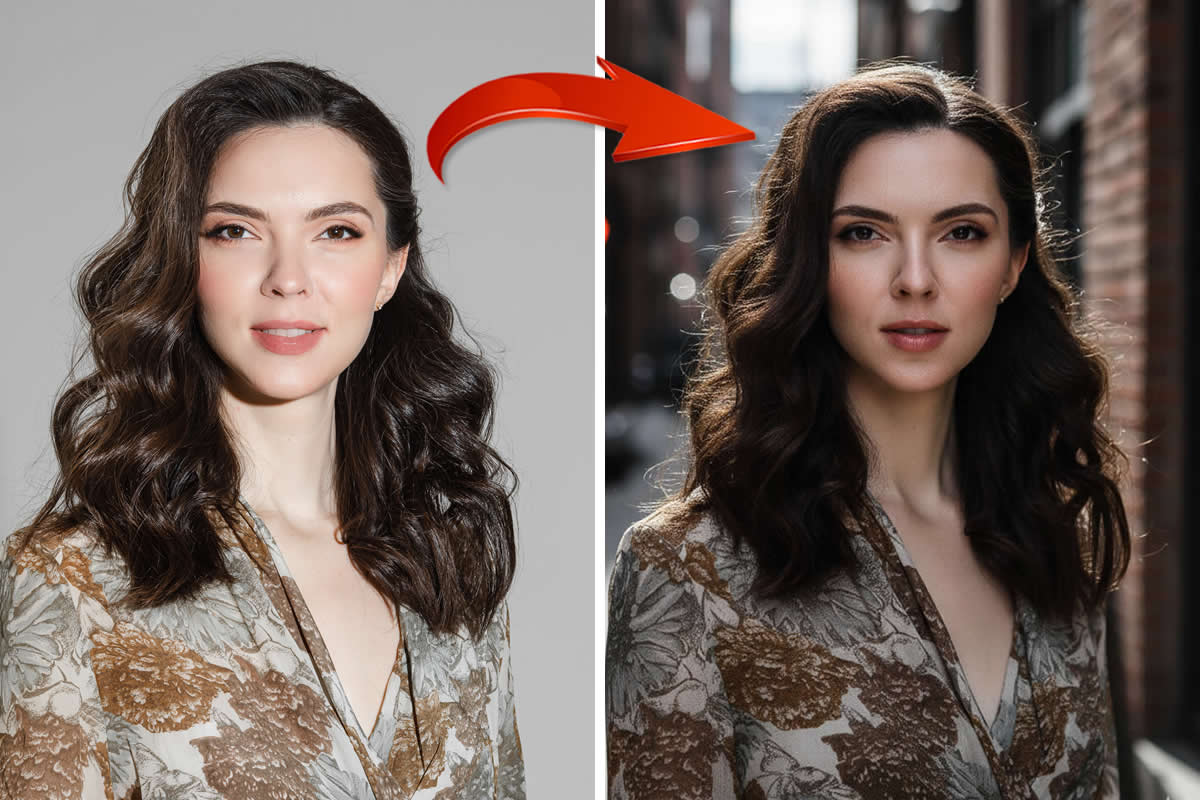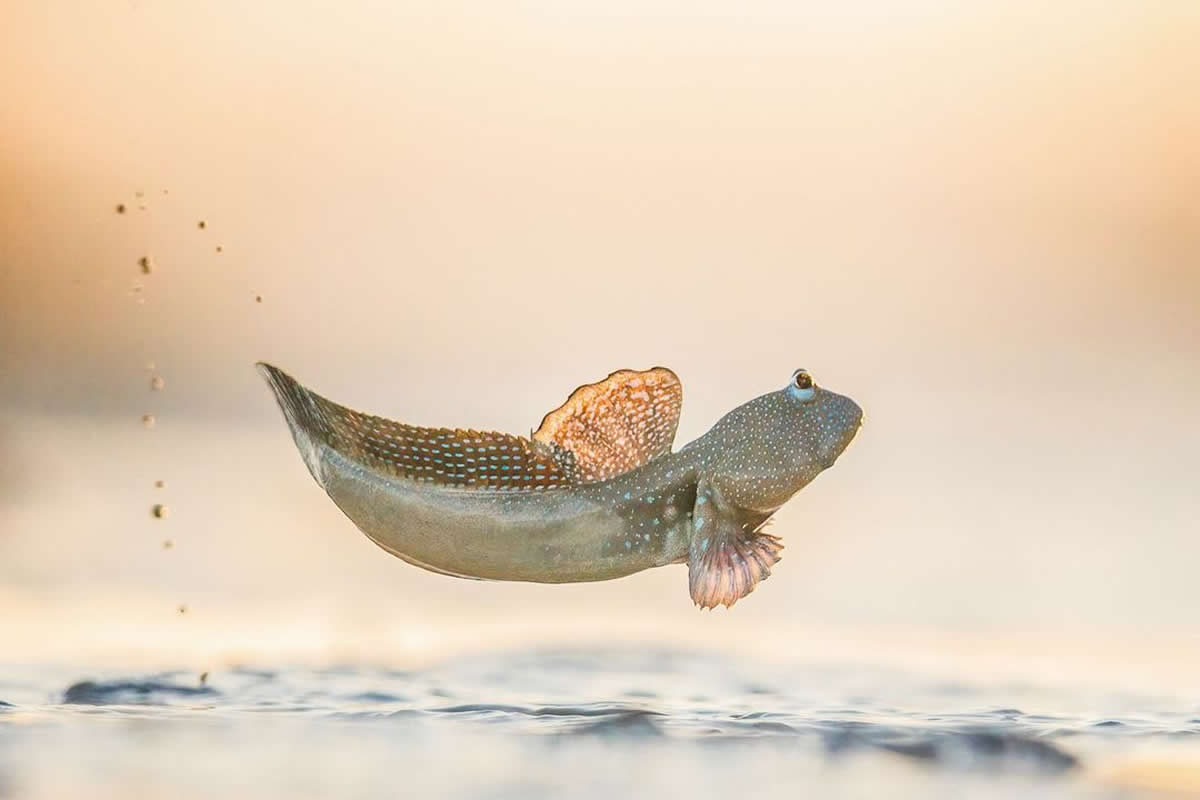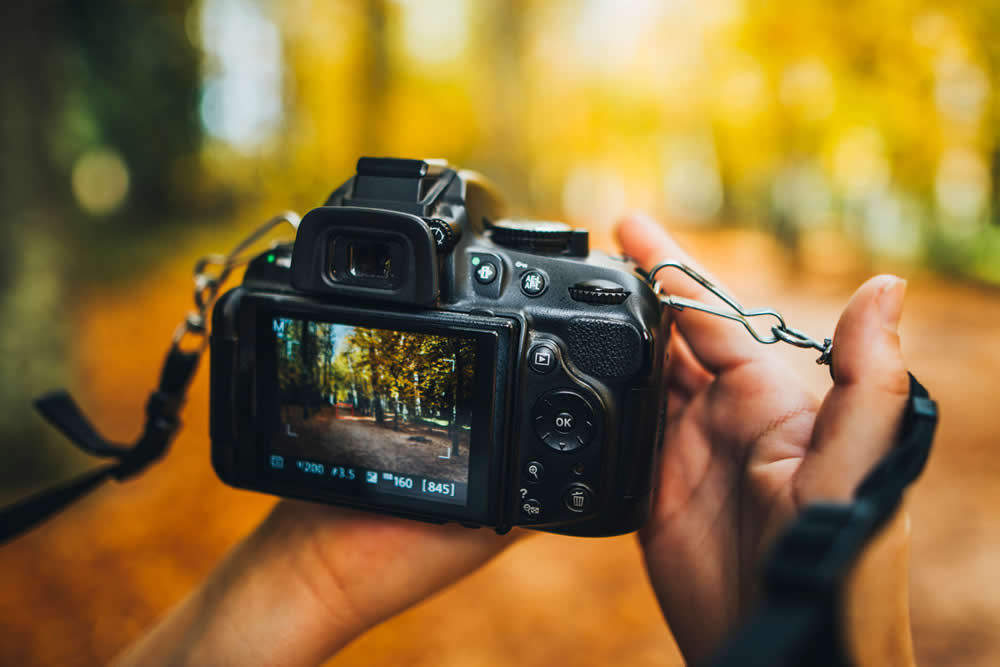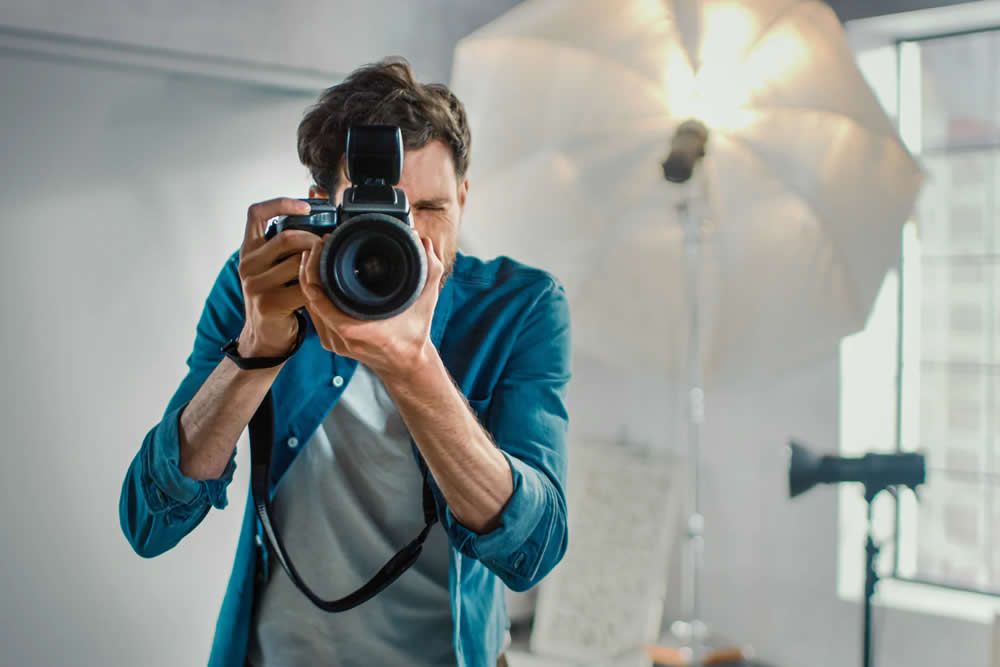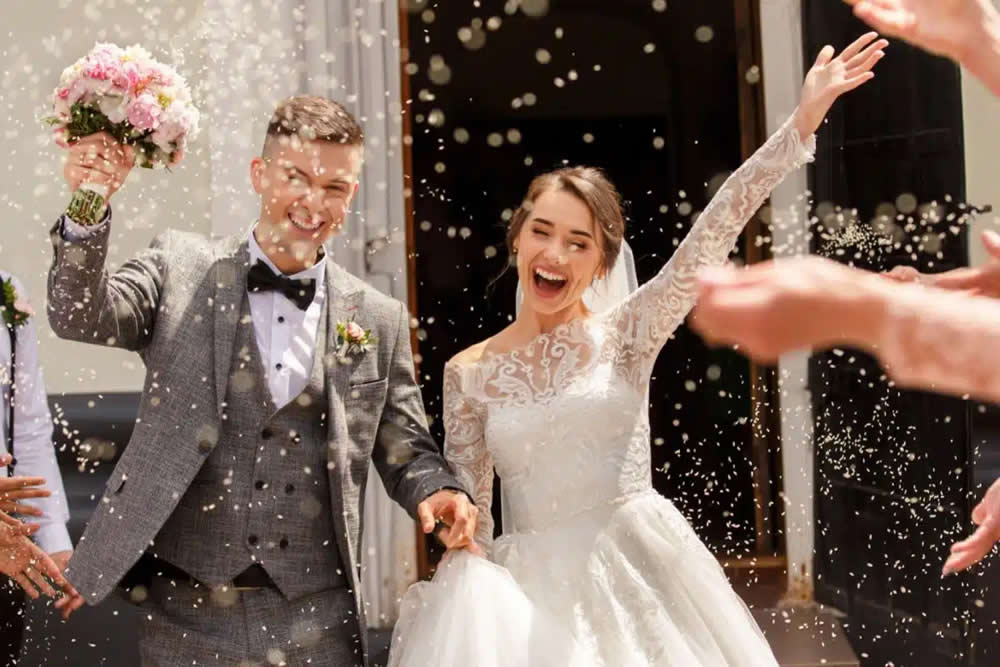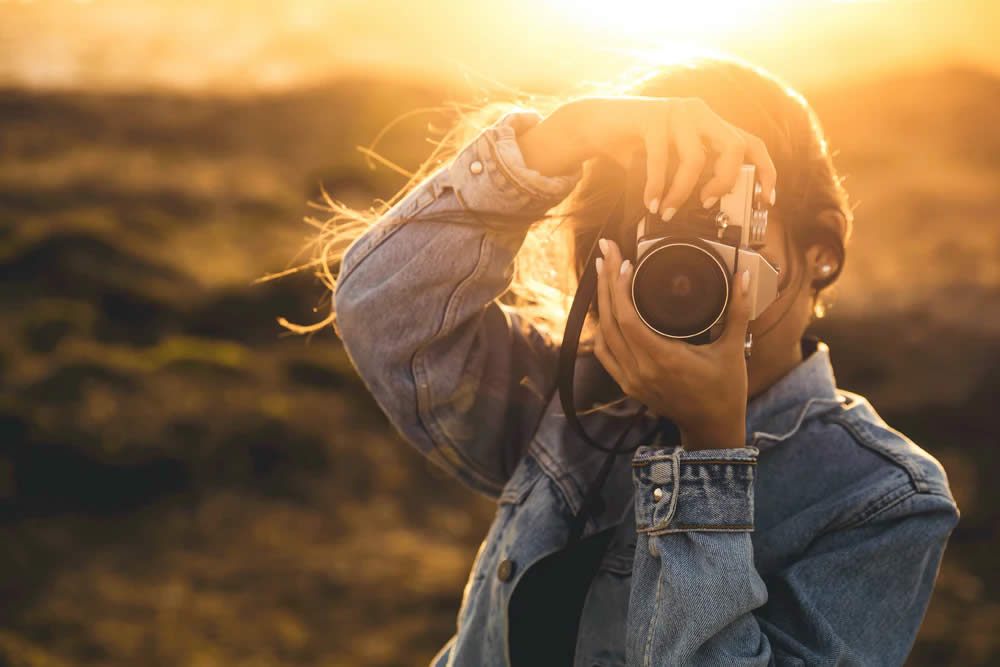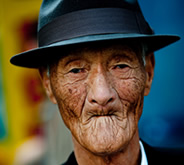This post is Part 2 of Photography Questions and Answers for Beginners. You can check our previous post 5 Photography Questions and Answers for Beginners.
What is Prime Lens?
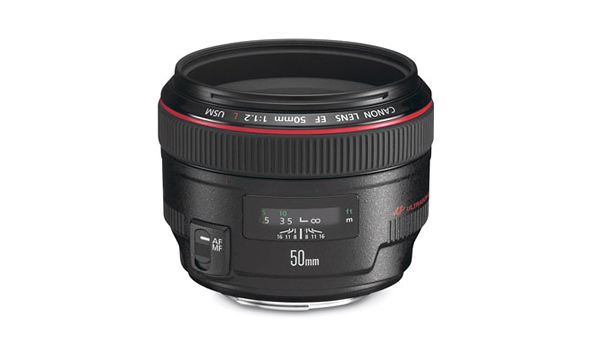
Prime Lens also called a fixed focal length lens, the prime lens cannot zoom closer or pull back from a subject. Fixed focal length lenses are found on cheaper compacts. At the SLR end of the market, interchangeable prime lenses are used for their higher image quality. Many of the world’s best photographers use prime rather than zoom lenses, but are forced to move closer to their subjects. Prime lenses usually have wide and fast maximum apertures such as f/1.8 and are available from the specialist wide-angle fish eyes to the ultra-long telephoto for sports photography.
What is Vignetting?

Photo Credit : Ranga Krishna Tipirneni
In photography and optics, vignetting is a reduction of an image’s brightness or saturation at the periphery compared to the image center. The word vignette, from the same root as vine, originally referred to a decorative border in a book. Later, the word came to be used for a photographic portrait which is clear in the center, and fades off at the edges. A similar effect occurs when filming projected images or movies off a projection screen. The resulting so-called “hotspot” effect defines a cheap home-movie look where no proper telecine is used.
Vignetting is often an unintended and undesired effect caused by camera settings or lens limitations. However, it is sometimes purposely introduced for creative effect, such as to draw attention to the center of the frame. A photographer may deliberately choose a lens which is known to produce vignetting to obtain the effect, or it may be introduced with the use of special filters or post-processing procedures.
Understanding Aperture and Depth of Field

Image Credit : Crezalyn Nerona Uratsuji
The aperture is a variable-sized circular opening inside your camera lens used to moderate existing light levels for a good exposure, but it also determines depth of field. A typical lens has an aperture range of f/1.4, f/1.8, f/2.8, f/4, f/5.6, f/8, f/11, f/16. In depth of field terms, f/1.4 produces the shallowest result with little sharp detail before and beyond the subject. At f/16, more sharp detail is rendered both before and beyond your main subject. Aperture values in between will correspond.
Access to the aperture scale depends entirely on the type of camera you use. On better compacts this will extend to five available on the top-price SLRs. Aperture values are usually accessed via a menu or thumbwheel on the camera, but can only be selected in manual or aperture-priority exposure modes. In auto and other programming modes, the camera meter decides on an appropriate value to generate a correct exposure, without taking your depth of field wishes into account. For many photographers, the aperture priority exposure mode is best as it offers control over depth of field, and leaves the task of selecting an appropriate shutter speed to the camera. With mechanical medium-format and large-format cameras, the aperture scale is found on a circular ring attached to the lens.
What is Red Eye?

Image Credit : Desteni Weast
Red eye occurs when flash is used in low light conditions and reflects off a subject’s retina, to create an unnerving red disc over the eyes. This occurs because, in low light, the iris in the eye is open wide to compensate, just like a wide aperture in a camera lens. The red disk effect is caused when flash light is fired into the eye and bounces off the red retina back to the camera in a straight line. On a better camera, this can be resolved using an external unit set slightly to one side, or by using the red-eye flash-reduction mode. Red-eye reduction works by firing a tiny pre-flash to narrow the iris in your subject’s eyes before the main burst of light is first off. Strangely, the same effect occurs with animals, but with a differently colored result.
Using Zoom Lens
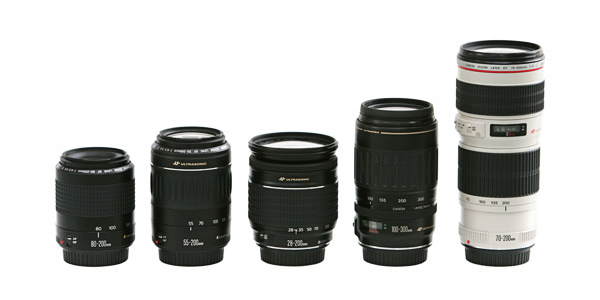
A zoom lens combines multiple focal lengths in a single lens and can be used to produce exciting and unusual effects. Zooming during an exposure produces a kind of soft filter effect that makes the subject appear neither pin sharp nor properly blurred. This effect gives a photo an interesting, dynamic feel. This type of shot is most effective if you use a long shutter speed to capture the zoom effect—your results will be sharp in the center of the frame and will include some motion blur at the edges. The longer the shutter speed you use, the stronger the effect will be. Here too, you can use a tripod to prevent unwanted camera shake.
The all-in-one nature of a zoom lens gives you maximum shooting flexibility, but at the price of increased weight compared to fixed focal length lenses, which require you to carry multiple lenses. Because it means you swap lenses less often, using a zoom lens also helps to prevent dirt entering the camera and landing on the image sensor.
Like the article? Be sure to subscribe to our RSS feed, follow us on Twitter and Facebook to stay up on recent content.



